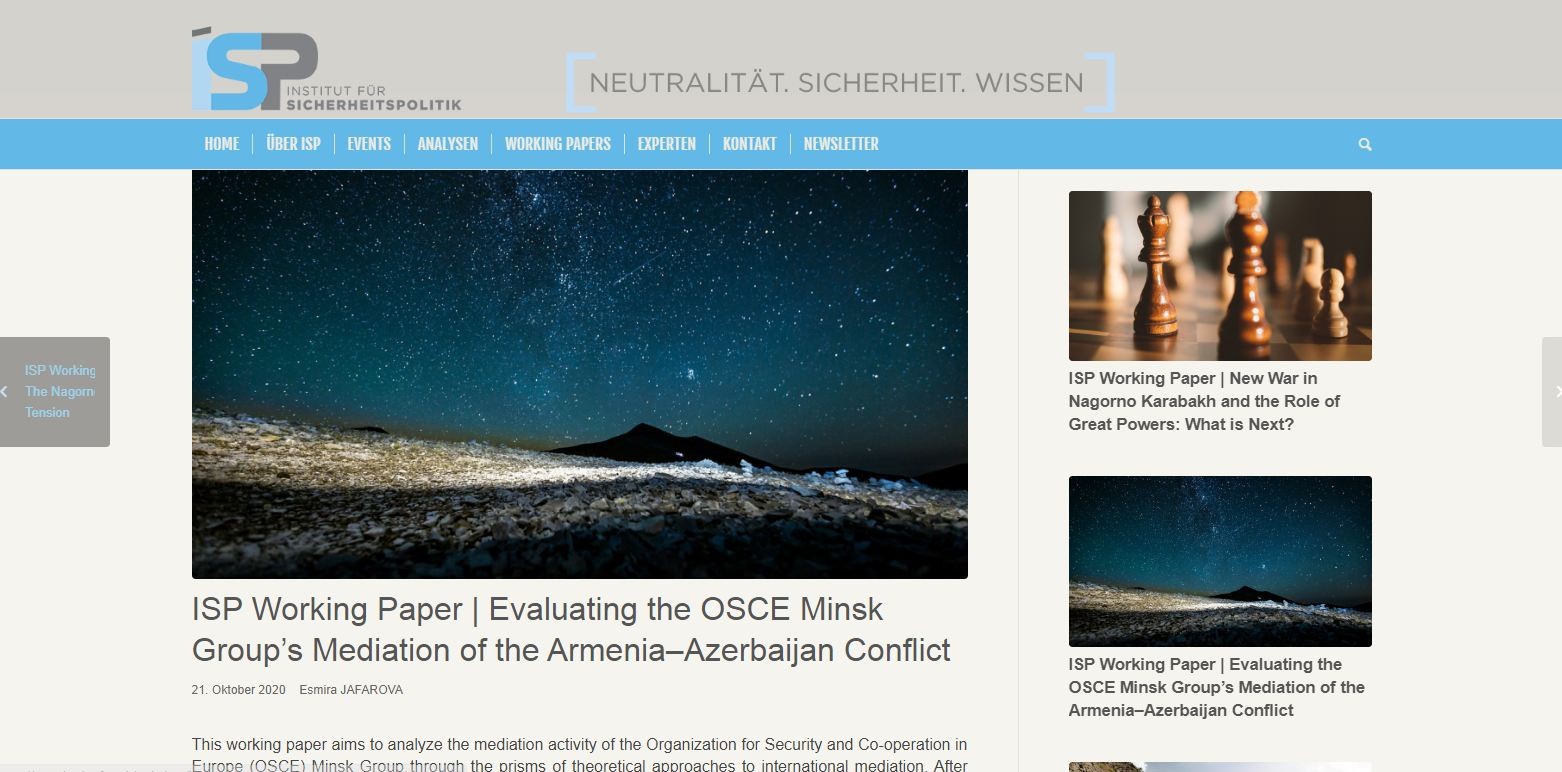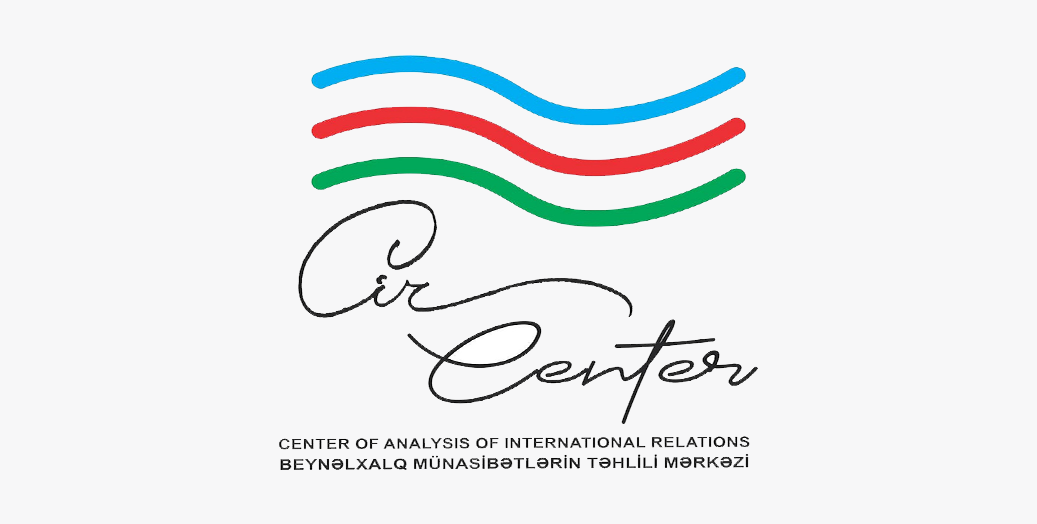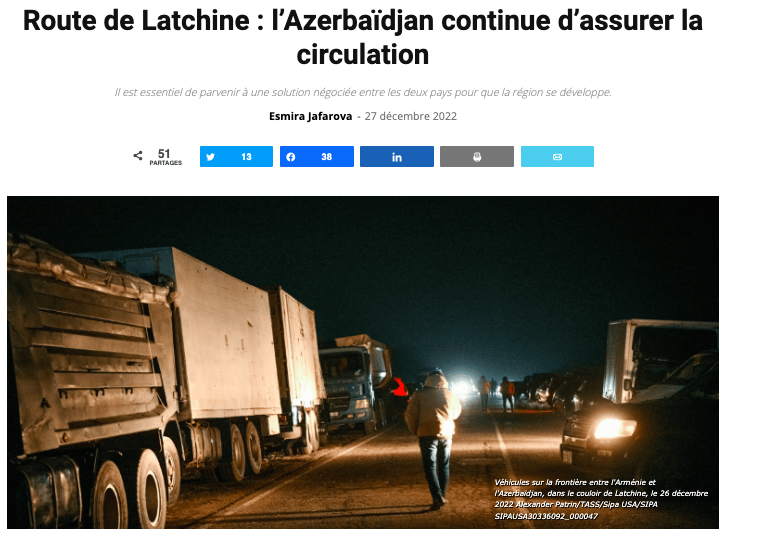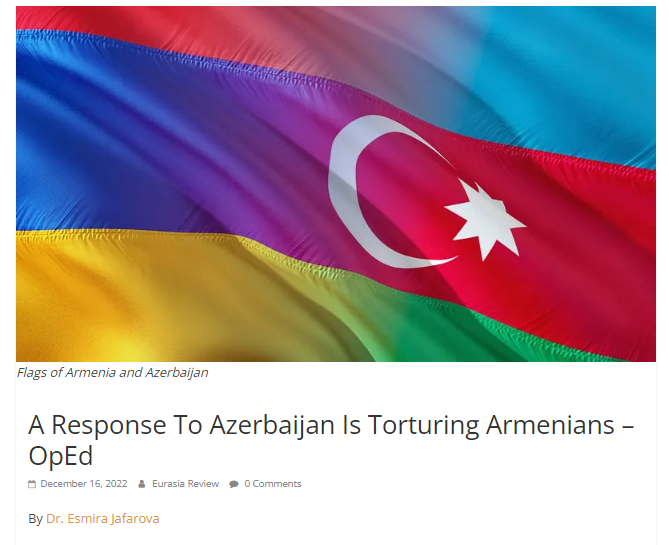This working paper aims to analyze the mediation activity of the Organization for Security and Co-operation in Europe (OSCE) Minsk Group through the prisms of theoretical approaches to international mediation. After providing a historical background to the mediation work of the Minsk Group Co-Chairs and highlighting the stages of the mediation, the article will further analyze the mediation work performed so far. Through the application and instrumentalization of the relevant concepts within the discipline of conflict resolution and international mediation, the work will conclude that, in terms of reaching a final solution, the mediation efforts of the OSCE Minsk Group should be characterized as, so far, being not successful. However, the possible success of the OSCE Minsk Group activities is also contingent on a number of different factors, which this work attempts to explain through the conjectures of mediation theory. Moreover, it is noted that, by making genuine efforts to maintain successful mediation, the OSCE still has a real chance to demonstrate that it can foster security and cooperation – the assets that its name stands for – in the South Caucasus region.







